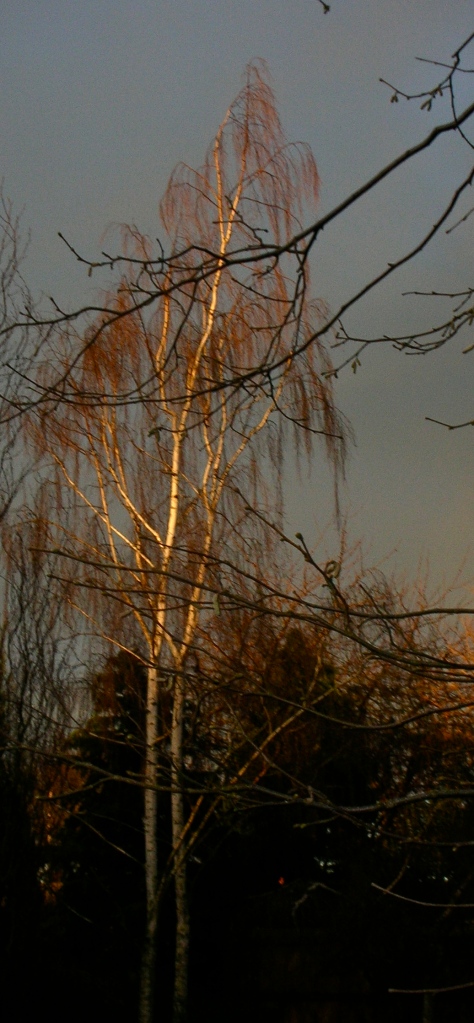WARNING: If you are not an opera fan, I’m going to let rip, so jump to the pictures at the end.
See also Nina Mishkin’s post BEL CANTO AT THE MET.
On Tuesday we saw the encore of the Live from the MET performance of Rossini’s Donna del Lago in the cinema. Now Rossini in a problem for me. Fabulous music and delicious arias, but it is all about the vocal gymnastics and not the passions of the humans, except in an absurd and comic way. I tend to end Rossini performances feeling aurally battered and emotionally underfed.
The METs production of Donna del Lago has made me eat my words. It satisfies in every respect. With a faultless cast, who invest every phrase, every note, with the emotion it deserves and no (well, no intentional) comic interludes. This success is in major part due to the director, Paul Curran. He was working with peach of a cast, but he ensured that they acted out their emotions to the full and my god this makes a difference. The voices and all their fireworks serve the drama instead of the other way round. (Flores admits that the same cast did not achieve this emotional cohesion in the La Scala production – see youtube excerpts).
This was in maddening contrast to the production we saw in the cinema a week ago of the English National Opera production of La Traviata – Verdi is my favourite opera composer and Traviata nearly top of my list. I am up for experimental productions and this one, in an attempt to appeal to a new, young audience, had made deep cuts, reduced it to a two-act opera and set it in modern dress. I could live with that. The soloists had fine voices and plenty of acting ability and I will happily go and see them again. Two things irritated the hell out of me. One was the endless pinching/plagiarism of other directors ideas (or as my companions more charitably suggested paying tribute to others’ ideas). The other was the endless dramatic misses. these are the moments when the characters intend to express love, pain, hate, envy, anger TO EACH OTHER. Time after time, it is the conductor on the receiving end of these passions. This does not work for me and a decent director could surely avoid this (though again, my companions had a wonderful evening).
Back to Donna. Joyce di Donato (listen to the 1.35 min audio clip here) and Juan Diego Flores in the two major roles, are unsurpassed and unsurpassable in their field. I can listen and watch both with endless pleasure. For me the novelty was in the mezzo Daneila Barcellona playing Malcolm, the love interest. She had, in addition to a wonderful voice, a commanding presence and confidence, which is so often missing in trouser roles. The villain Rodrigo, sung by baritone/tenor John Osborn was another new voice to me, different in timbre and colour from Flores, but with fabulous high, as well as low, notes. All of this held together so flawlessly by the conducting go Michele Mariotti.
I’ll stop there. Ah… a picture or two:














